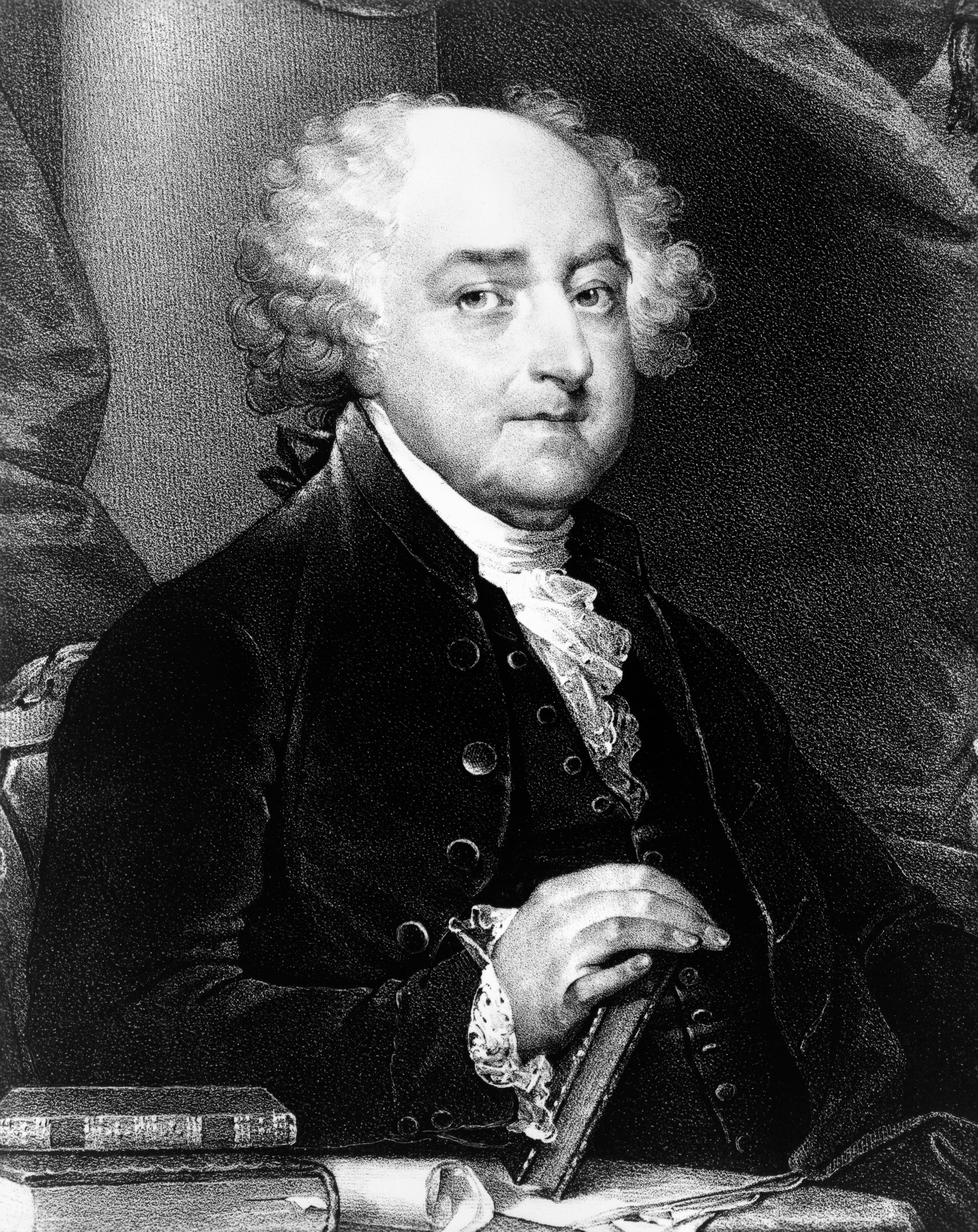The Spirit of Liberty Ought to be Jealous: Thoughts by John Adams, 9 & 16 February, 1767

The French and Indian War completely changed the relationship between Great Britain and its American colonies. The era prior to this conflict has been characterized by historians as one of "salutary neglect." Broadly speaking, salutary neglect means that the various revenue laws and acts (e.g., the Navigation Acts) were not enforced, loosely enforced (at best), skirted by bribery, or avoided by smuggling. Britain's inattention, in general terms, was due to having bigger fish to fry, so-to-speak, in their mercantilistic race for world domination against their European foes . . . France, in particular.
The British defeated the French dispossessing them of their claims on the continent; however, it was an expensive war. To recoup their costs and help pay for defense of their colonies, the British, for the first time, attempted to directly tax the colonies. Of note were the Sugar Act (1764), the hated Stamp Act (1765) and the Townshend Acts (1767). All were met with resistance in both word and deed leading, in turn, to repeal--except for the tax on tea. Consequently, with relations strained between the Mother Country and her colonies over these post-war issues: salutary neglect turned to revolution and war.
Thus, arguments over the nature of government authority, liberty and tyranny, and the right of the Mother Country to directly tax and otherwise control affairs or legislate within the several colonies from afar erupted not only between colonists and the British, but between "loyalists and patriots" within the colonies themselves.
This is the context of John Adams's remarks in this selection wherein he is answering an essay written by one using the pseudonym "Philanthrop."
August Glen-James, editor
It is one of these early advances, these first approaches of arbitrary power, which are the most dangerous of all, and, if not prevented but suffered to steal into precedents, will leave no hope of a remedy without recourse to nature, violence, and war. . . .
But it is not only by attempting to throw around himself the rays of religion, that this writer has attempted to deceive his countrymen; he has labored to possess their minds with principles in government utterly subversive of all freedom, tending to lull them into an indolent security and inattention. In one of his late papers he has a paragraph to this purpose,-- “A brave and free people, who are not through luxury enervated and sunk to that degree of effeminate indolence, which renders them insensible to the difference between freedom and slavery, can never fail to perceive the approaches of arbitrary power. The constitution of all free governments, especially that of the English, is of such a nature, the principles of it are so familiar, and so interwoven with the human mind, and the rulers are so circumscribed with positive laws, for the directing and controlling their powers, that they can never impose chains and shackles on the people, nor even attempt it, without being discovered. In such a government, and among such a people, the very first act in pursuance of a design to enslave or distress the subjects in general, must be so obvious, as to render all false coloring totally unnecessary to arouse the public attention; a simple narration of facts, supported by evidence, which can never be wanting in such a case, will be sufficient and will be the surest means to convince the people of their danger.”
What conclusion shall a candid reader draw by a fair interpretation from this wordy, cloudy passage? Would he not conclude that a free government, especially the English, was a kind of machine, calculated for perpetual motion and duration; that no dangers attended it; and that it may easily preserve and defend itself, without the anxiety or attention of the people?
The truth is precisely the reverse of this. Though a few individuals may perceive the approaches of arbitrary power, and may truly publish their perceptions to the people, yet it is well known, the people are not persuaded without the utmost difficulty to attend to facts and evidence. Those who covet such power, always have recourse to secrecy and the blackness of darkness to cover their wicked views, and have always their parties and instruments and minions at hand, to disguise their first approaches, and to vilify and abuse, --as turbulent destroyers of the public peace, as factious, envious, malicious pretenders to patriotism, as sowers and stirrers of sedition, --all those who perceive such approaches, and endeavor to inform and undeceive their neighbors.
Liberty, instead of resting within the intrenchment of any free constitution of government ever yet invented and reduced to practice, has always been surrounded with dangers, exposed to perils by water and by fire. The world, the flesh, and the devil, have always maintained a confederacy against her, from the fall of Adam to this hour, and will, probably, continue so till the fall of Antichrist. Consider the commonwealths of Greece. Were not the wisest of them so sensible of it as to establish a security of liberty, I mean the ostracism, even against the virtues of their own citizens, --that no individual, even by his valor, public spirit, humanity, and munificence, might endear himself so much to his fellow citizens as to be able to deceive them and engross too much of their confidence and power? In Rome, how often were people cheated out of their liberties, by kings, decemvirs, triumvirs, and conspirators of other denominations! In the times when Roman valor, simplicity, public spirit, and frugality, were at the highest, tyranny, in spite of all the endeavors of her enemies, was sometimes well-nigh established, and even a Tarquin could not be expelled but by civil war.
For reasons like these, the spirit of liberty is and ought to be a jealous, a watchful spirit. Obsta principiis* is her motto. And maxim, knowing that her enemies are secret and cunning, making the earliest advances slowly, silently, and softly, and that, according to her unerring oracle, Tacitus, “the first advances of tyranny are steep and perilous, but, when once you are entered, parties and instruments are ready to espouse you.” It is one of these early advances, these first approaches of arbitrary power, which are the most dangerous of all, and, if not prevented but suffered to steal into precedents, will leave no hope of a remedy without recourse to nature, violence, and war. . . .
*resist at the beginning; nip it in the bud (editor)
